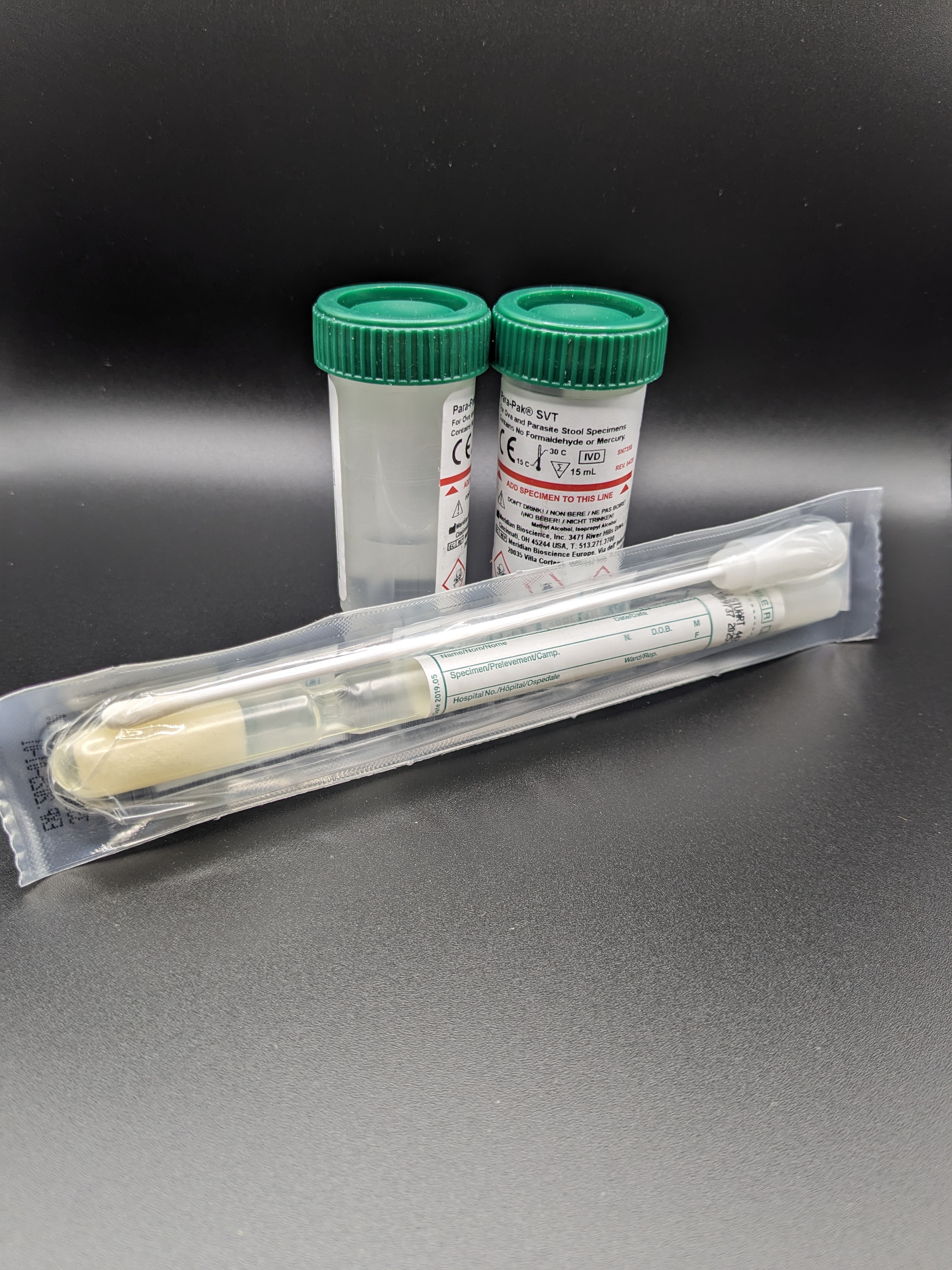
Latest Blog Articles

Environmental and Ecological Studies in Parasitology
Environmental and Ecological Studies in Parasitology
The field of parasitology has seen significant advancements in understanding the environmental and ecological factors that influence the transmission and prevalence of parasitic diseases. Two major areas of focus in current research are the impact of climate change on parasitic diseases and the adoption of the One Health approach to address these issues comprehensively.
Climate Change Impact on Parasitic Diseases
Climate change is a critical driver affecting the distribution and prevalence of parasitic diseases worldwide. As global temperatures rise and weather patterns become increasingly unpredictable, both parasites and their vectors (such as mosquitoes, ticks, and flies) are experiencing changes in their habitats and life cycles. Understanding these changes is crucial for predicting and managing the spread of parasitic diseases.
Shifts in Geographic Distribution: Warmer temperatures and altered precipitation patterns are expanding the habitats suitable for many parasites and their vectors. Diseases that were once confined to tropical and subtropical regions are now appearing in temperate zones. For instance, malaria, traditionally restricted to equatorial regions, is now being reported in higher altitudes and latitudes.
Changes in Life Cycles and Transmission Dynamics: Climate change can affect the life cycles of parasites and vectors, leading to longer transmission seasons and higher reproduction rates. For example, warmer temperatures can accelerate the development of mosquito larvae, leading to larger populations capable of transmitting diseases like dengue and Zika virus.
Impact on Host-Vector Interactions: Changes in climate can alter the behavior and interactions between hosts, vectors, and parasites. Increased temperatures and humidity can enhance vector activity and feeding patterns, increasing the likelihood of disease transmission. Additionally, extreme weather events such as floods and droughts can disrupt ecosystems, leading to increased human-vector contact.
Emergence of New Parasites and Vectors: Climate change can facilitate the introduction of new parasites and vectors into previously unaffected regions. This can lead to the emergence of novel parasitic diseases, posing new challenges for public health systems. Monitoring and modeling these changes are essential for early detection and intervention.
One Health Approach to Parasitic Diseases
The One Health approach recognizes the interconnectedness of human, animal, and environmental health. It advocates for a collaborative, multi-sectoral, and transdisciplinary approach to address complex health issues such as parasitic diseases. By integrating perspectives from various fields, the One Health approach aims to develop comprehensive strategies for disease prevention and control.
Integrating Human, Animal, and Environmental Health: Parasitic diseases often involve multiple hosts and vectors across different ecosystems. The One Health approach promotes collaboration between medical, veterinary, and environmental sciences to understand the complex life cycles of parasites and their interactions with various hosts. This holistic understanding is crucial for developing effective control measures.
Surveillance and Monitoring: Implementing integrated surveillance systems that monitor human, animal, and environmental health can provide early warnings of disease outbreaks. These systems can track changes in vector populations, parasite prevalence, and environmental conditions, enabling timely interventions to prevent the spread of diseases.
Education and Awareness: Public education and awareness campaigns are vital components of the One Health approach. By informing communities about the risks and prevention strategies for parasitic diseases, individuals can take proactive measures to protect themselves and their environment. Education programs can also promote responsible practices in agriculture and wildlife management to reduce the risk of zoonotic diseases.
Policy and Regulation: Effective policy-making and regulation are essential for implementing One Health strategies. Governments and international organizations must collaborate to develop policies that promote sustainable environmental practices, control vector populations, and ensure access to healthcare for affected communities. These policies should also support research and innovation in parasitology.
Research and Innovation: The One Health approach encourages research that spans multiple disciplines to address parasitic diseases. This includes studying the ecology of vectors and hosts, developing new diagnostic tools and treatments, and exploring the socio-economic factors that influence disease transmission. Collaborative research can lead to innovative solutions that are more effective and sustainable.
Case Studies and Examples
Malaria in the Ethiopian Highlands: Historically, the Ethiopian highlands were free from malaria due to their cooler climate. However, rising temperatures have allowed malaria-carrying mosquitoes to thrive at higher altitudes, leading to increased malaria transmission. Researchers are studying the local climate patterns, mosquito behavior, and human activities to develop targeted intervention strategies.
Schistosomiasis in China: Schistosomiasis, caused by parasitic worms, has been a significant public health issue in China. The One Health approach has been implemented to control the disease by integrating efforts in human health, veterinary care, and environmental management. Measures such as snail control, improved sanitation, and health education have significantly reduced the prevalence of schistosomiasis.
Leishmaniasis in Brazil: Leishmaniasis, transmitted by sandflies, has been spreading in urban areas of Brazil due to deforestation and urbanization. The One Health approach addresses this issue by combining efforts in public health, environmental conservation, and community education. Researchers are mapping the distribution of sandflies, studying the impact of land use changes, and promoting community engagement in vector control.
Conclusion
The study of environmental and ecological factors in parasitology is crucial for understanding and combating parasitic diseases in a changing world. Climate change and the One Health approach are two key areas driving current research and intervention strategies. By investigating the impacts of climate change and adopting holistic, interdisciplinary methods, researchers and public health professionals can develop more effective and sustainable solutions to reduce the burden of parasitic diseases globally.
Discover What's Really Going On Inside Your Gut!
Experiencing stomach troubles? Our Full GI Panel Test can help! Identify bacteria, parasites, and fungi with state-of-the-art accuracy. Quick, non-invasive, and thoroughly analyzed by experts.
Take the first step towards better gastrointestinal health today!
Feel Refreshed and Balanced with Freedom Cleanse Restore!
Reset your digestive system and boost your overall well-being with our Freedom Cleanse Restore supplement. Designed to support detoxification, promote digestive health, and enhance nutrient absorption.
Reclaim your health—experience the benefits today!
Contact Information
11445 E. Via Linda, #2-419
Scottsdale, Arizona 85259 USA
1-480-767-2522
Hours: 7:30am to 4:00pm
Monday through Thursday.
Hours: 7:30am to 1:00pm on Friday.
Closed Saturday - Sunday.



